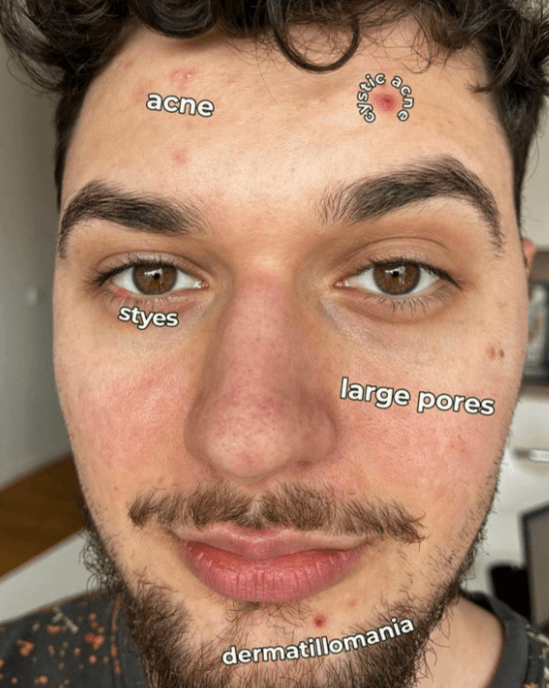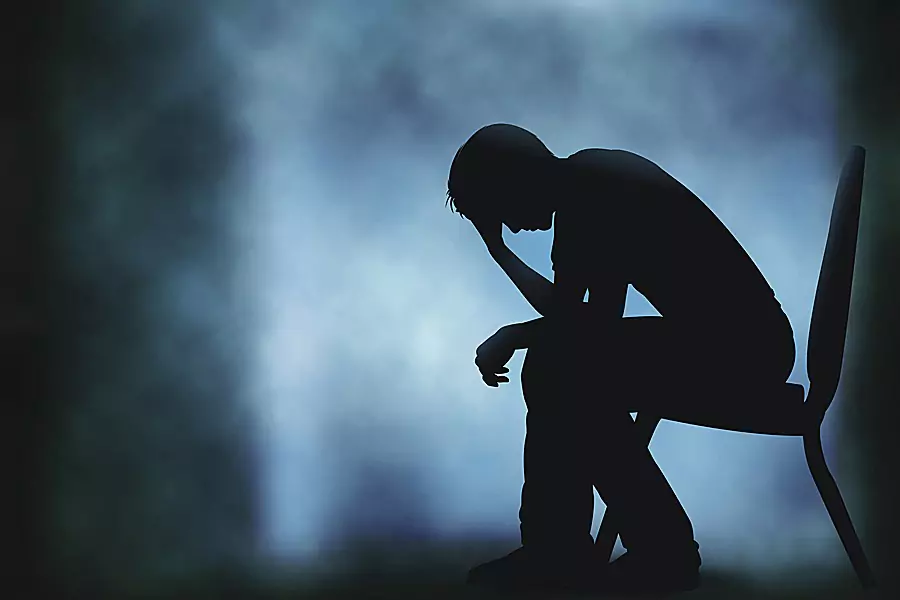Protein is extremely important for your body as it helps in the repair and growth of your muscles, bones and skin. But, like anything else, too much can cause problems. So, although it is good to have protein in your diet, do not overdo it otherwise it can play havoc with your health.
This article will talk about the possible side effects of eating too much protein, such as stomach problems and maybe even kidney problems. We’ll also look at how much protein you should be eating based on things like your age, your gender, and how active you are.
And we’ll see what happens if you eat more protein than you need. You’ll get advice from experts on how to maintain a healthy diet with plenty of protein from a variety of foods.
It’s important to know what the risks of eating too much are and how it can affect your health. By knowing the side effects of consuming too much protein, you can make better choices to keep your body happy and healthy.
What is Considered Too Much Protein?
So, like, what is considered “too much” protein? It all depends on your age, gender and how active you are. According to experts, the average couch potato should aim for 0.8 grams of protein per kilogram of body weight. So, for a person weighing 150 pounds, that’s about 54 grams of protein per day.
But pregnant and lactating women, as well as people who are very active or trying to build muscle, need more protein. Typically, the recommended amount is between 0.8 to 2.0 grams of protein per kilogram of body weight per day.
Sometimes some groups suggest eating more protein, but eating more protein than necessary can cause some problems. When you consume more protein than your body needs, it gets rid of the excess.
However, it can put a strain on your digestive and excretory systems, which can lead to some of the problems we’ll talk about in this article.
Digestive Issues
A common thing that can happen if you eat too much protein is that you may get an upset stomach [Source]. Our bodies can only handle so much protein at one time, so when we eat more than we need, it can become harder for our bodies to break down and digest it.
This can lead to various unpleasant stomach problems such as bloating, constipation, diarrhea and nausea.
Consuming too much protein can actually wreak havoc on your digestive system. It takes extra effort to break it down and get rid of the extra stuff. Ultimately, this can deplete the good bacteria and enzymes in your gut that help you digest and absorb nutrients.
Therefore, it is a good idea to watch how much you are eating so as not to end up with all the useless stuff.
Expert Opinion
Excessive protein consumption can overwork the kidneys and lead to potential kidney damage over time,” warns Dr. Jennifer Lee, a nephrologist at Stanford Health Care. “For those with existing kidney disease, it’s especially important to moderate protein levels and stay within recommended daily amounts to avoid further strain on these vital organs.
Weight Gain

Protein is great for keeping you full, but eating too much can lead to some extra weight gain. Basically, weight gain occurs when you eat more calories than your body uses, and protein also contains calories which can add up if taken in excess.
Ironically, eating a diet too high in protein may actually cause some temporary fluctuations in weight due to water retention and constipation problems. [Source]
So, as you know, it is important to get enough protein to control your weight and keep your metabolism healthy. But, if you have too much protein, it can actually do the opposite.
This can make you gain weight and feel bloated, especially if you’re getting all that protein from processed foods that lack fiber and nutrients.
Nutrient Imbalances
If you focus too much on getting protein in your diet, you may miss out on other important nutrients like fiber, vitamins and minerals. This can potentially cause some health problems due to nutrient deficiencies.
So basically, according to CDC that people who ate a lot of protein also ate more carbs and fiber. This was much more than those on a regular protein diet.
Not getting enough of these nutrients can increase your chances of getting sick from things like anemia, osteoporosis, high blood pressure, and a weak immune system.
When you focus too much on getting enough protein, you end up eating other nutritious foods like fruits, vegetables, whole grains, legumes, nuts and seeds. While protein is important, maintaining balance is also important.
If your diet focuses too much on protein, you may miss out on other essential vitamins, minerals, antioxidants, and phytochemicals that are important for your overall health.
Expert Opinion
To avoid nutrient imbalances, I advise mixing up your protein sources,” says Samantha Brown, RD. “Don’t rely solely on animal proteins. Include plant-based options like beans, lentils, edamame, and nutrient-dense whole grains to help meet your needs while getting fiber, vitamins and minerals too.
Health Concerns
Eating too much protein can eventually be harmful to your bones. When our body has more protein than it needs, it expels the excess protein through our kidneys, which can also lead to calcium loss. [Source]
If you don’t get enough calcium in your diet to compensate for the loss, it can lead to weak bones and an increased risk of osteoporosis and fractures as you age.
More research is still needed to fully understand how it works, but most experts suggest keeping an eye on your protein levels if you don’t get enough calcium. If osteoporosis runs in your family, you have to be extra careful about it.
It’s important to make sure you’re getting enough calcium, vitamin D and other nutrients that help build strong bones to keep your skeleton healthy for the long term.
Tips for Balancing Protein Intake
If you want to get the most out of protein without overdoing it, just remember to keep things balanced and moderate.
- Mix it up by eating a mix of plant-based and animal-based proteins like beans, lentils, edamame, eggs, fish and lean meats. This way, you will be sure to get all the nutrients you need.
- Don’t forget to include some fiber-rich foods like fruits, vegetables and whole grains. Fiber helps with digestion and makes it easier for your body to use the protein you eat.
- And remember to drink enough water to keep your kidneys happy while your body is processing proteins.
- Simply keep track of portion sizes by checking nutrition labels and measuring the correct servings. Many people do not realize how much protein they are eating.
- If you have kidney or liver problems, be sure to talk to your doctor or dietitian before increasing your protein intake.
Simply mix it with different sources, do some light stretching, and be sure to drink plenty of water to meet your body’s protein requirements without any unwanted side effects.












